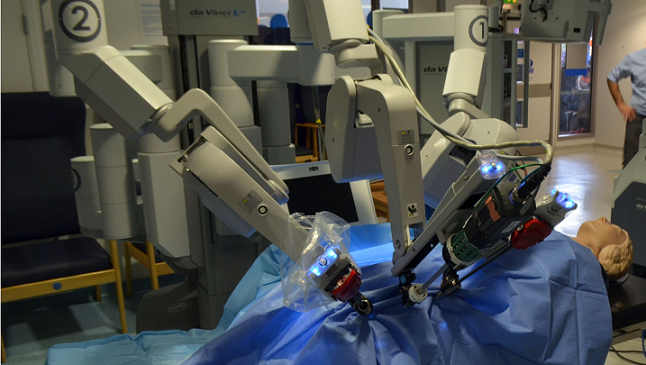Advances in robotics technology are causing major changes in manufacturing, transportation, medicine, and a number of other sectors. While many of these changes are beneficial, there will inevitably be some harms. Who or what is liable when a robot causes harm? This paper addresses how liability law can and should account for robots, including robots that exist today and robots that potentially could be built at some point in the near or distant future. Already, robots have been implicated in a variety of harms. However, current and near-future robots pose no significant challenge for liability law: they can be readily handled with existing liability law or minor variations thereof. We show this through examples from medical technology, drones, and consumer robotics. A greater challenge will arise if it becomes possible to build robots that merit legal personhood and thus can be held liable. Liability law for robot persons could draw on certain precedents, such as animal liability. However, legal innovations will be needed, in particular for determining which robots merit legal personhood. Finally, a major challenge comes from the possibility of future robots that could cause major global catastrophe. As with other global catastrophic risks, liability law could not apply, because there would be no post-catastrophe legal system to impose liability. Instead, law must be based on pre-catastrophe precautionary measures.
Academic citation:
Trevor N. White and Seth D. Baum, 2017. Liability law for present and future robotics technology. In Patrick Lin, Keith Abney, and Ryan Jenkins (editors), Robot Ethics 2.0, Oxford: Oxford University Press, pages 66-79.
Download Preprint PDF • View Robot Ethics 2.0
Image credit: Cmglee
This blog post was published on 28 July 2020 as part of a website overhaul and backdated to reflect the time of the publication of the work referenced here.










